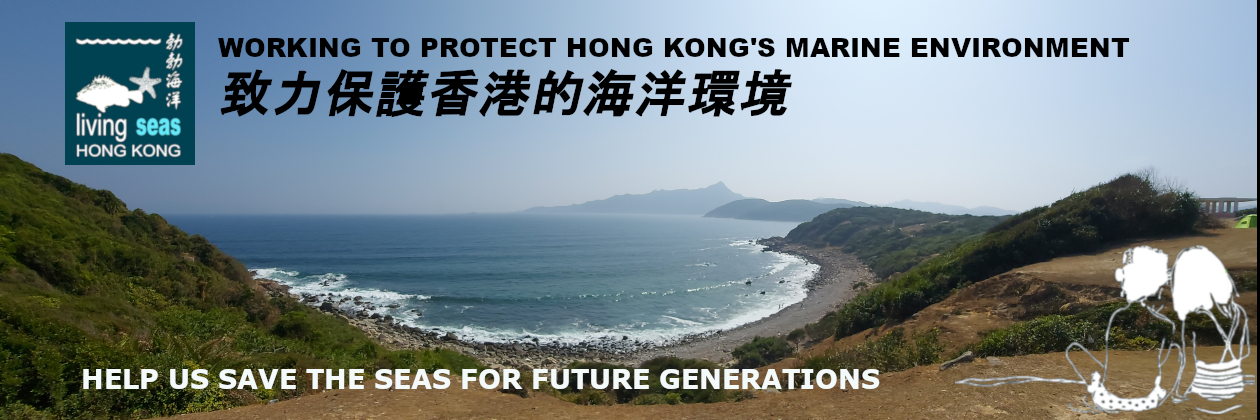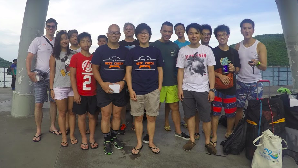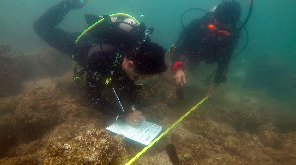Living Seas Hong Kong participates in Hong Kong Reef Check 2016
Raising public awareness about the value of coral reefs
(Hong Kong, 13 August 2016) A team of divers from Living Seas Hong Kong 勃勃海洋 (LSHK) participated in the Hong Kong Reef Check 2016 to monitor the health of the coral communities in Hong Kong.
The LSHK team prepared their scuba diving gear and set off to Tau Tun, Kat O Island (吉澳頭墩). Divers recorded the indicator species including 20 fishes and invertebrates along with the coral coverage and health status. The data helps to assess the coral condition and fauna diversity of the coral reef ecosystems over time.
Coral communities are rich in biodiversity. Species observed by the LSHK Team include wrasses, groupers and snappers. Invertebrates like crabs, urchins, sea cucumbers as well as vertebrates including different tropical coral reef fishes make up the rich underwater biodiversity.
Ng Tze Yan, the scientist for LSHK’s Hong Kong Reef Check team, said, “As we observed, the existing coral reefs at Tau Tun are quite healthy, not bleached or damaged. There are quite a number of fishes that we can find.”
“However, there are quite a number of sea urchins there. High densities of sea urchins can feed on the corals and cause damage. We should have a closer look at the situation.” Ng added.
“Our motto for LSHK is to preserve the marine environment for future generations,” said Jeffrey Lee, the co-founder of LSHK. “So one thing we can do is contribute our part to the reef check survey. This is also an opportunity to educate people about the state of Hong Kong’s marine environment and what we can do to help to preserve it.”
Hong Kong Reef Check 2016, a four-month exercise starting from June, covers the marine areas in the eastern part of Hong Kong waters, including a number of sites of ecological importance.
Participation in the global Reef Check initiative helps to track changes and stochastic impacts on reef systems worldwide. The data is primarily obtained through the annual reef check survey performed by citizen scientists under the guidance of a marine biologist. The data collected then feeds into a global database.


